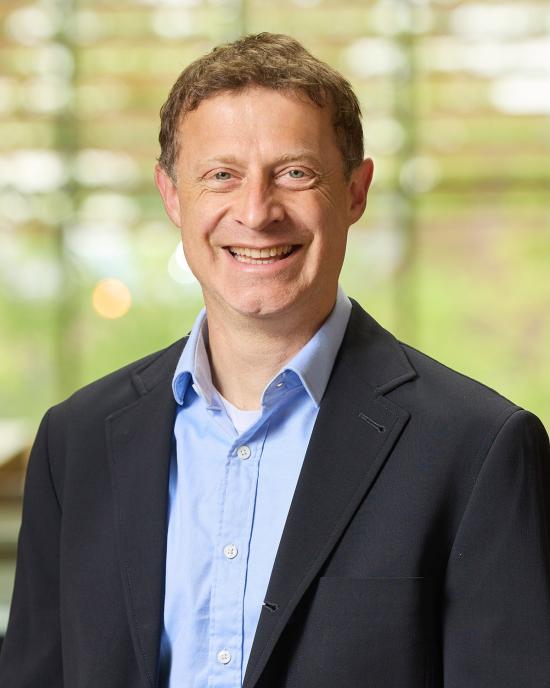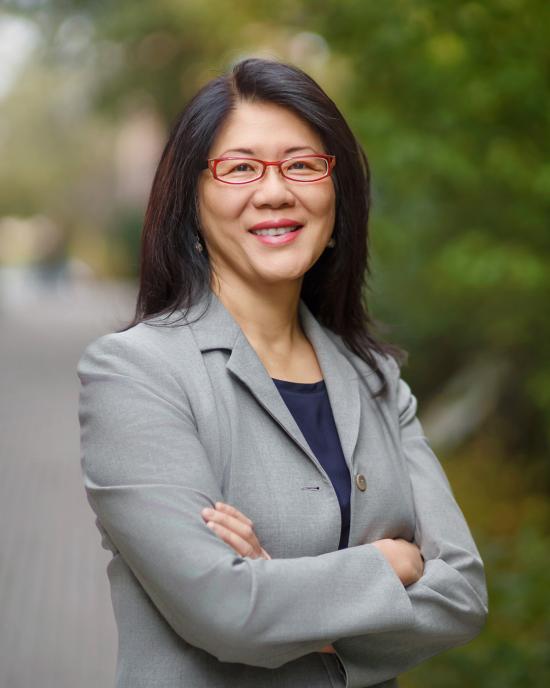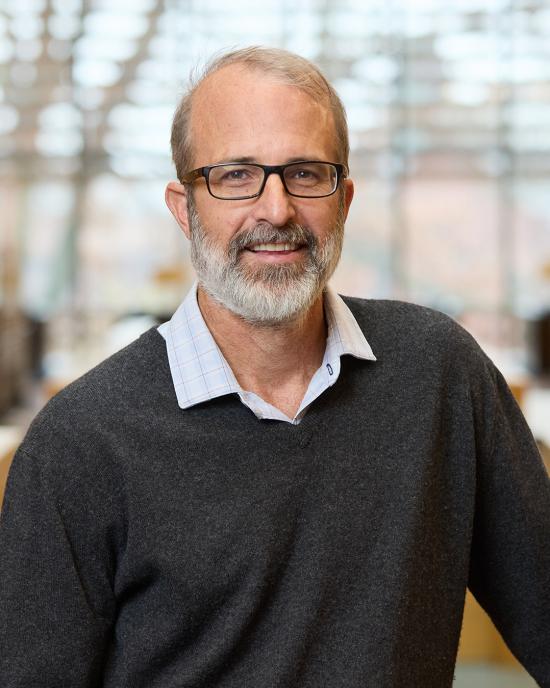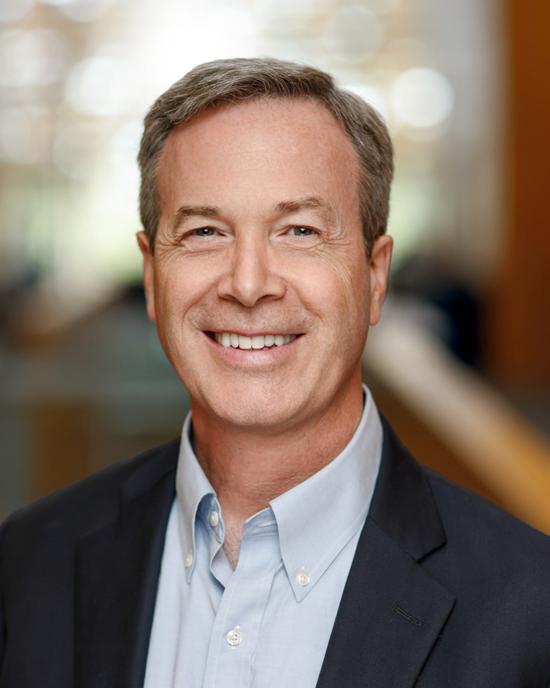Four Yale School of the Environment faculty members have been included on Clarivate Analytics’ annual list of the world’s most influential researchers.
Each year the company, which collects data on scientific and academic research, identifies scientists who authored multiple highly cited papers that rank in the top 1% by citations for field and publication year in the web of science citation index. Researchers are selected for their exceptional performance in one or more of 21 fields or across several fields.
A total of 48 Yale University faculty were included on the list. Among them are YSE’s Mark Bradford, professor of soils and ecosystem ecology; Karen Seto, the Frederick C. Hixon Professor of Geography and Urbanization Science; Peter Raymond, professor of ecosystem ecology; and Anthony Leiserowitz, founder and director of the Yale Program on Climate Change Communication.
Bradford’s research focuses on the health, biology, ecology, and carbon storage potential of forest, grassland, and agricultural soils, exploring the role of soils in the global carbon cycle, and how building soil carbon translates to ecosystem services at local scales. In a recent paper published in the journal Ecology, Bradford explored the influence of termites on forest ecosystems and carbon flows.
Seto is an expert on how urbanization affects earth. With a special focus on contemporary urbanization in Asia, especially China and India, she integrates remote sensing, modeling methods, and field interviews to study urbanization and land change, forecast urban growth, and examine environmental consequences of urban expansion. This year Seto spoke at the Nobel Prize Summit on the rapid urbanization of the planet.
Raymond’s research focuses on the chemistry and ecology of inland waters. His work has examined topics such as the exchange of greenhouse gases between inland waters and the atmosphere, controls on the transport of terrestrial elements to inland and coastal waters, the metabolism of aquatic ecosystems, and how storms and droughts impact aquatic ecology. A recent study by Raymond published by Nature Geoscience found that rivers are the largest global source of mercury in coastal oceans.
Leiserowitz is an expert on the public perception of climate change and environmental beliefs, attitudes, and behavior, conducting research at the global, national, and local scales. He has published more than 200 scientific articles, chapters, and reports, and has contributed to organizations like the National Academy of Sciences, the United Nations Development Programme, and the World Economic Forum. This year he was ranked second on Reuters Hot List, a system of identifying and ranking 1,000 climate scientists from around the world.



